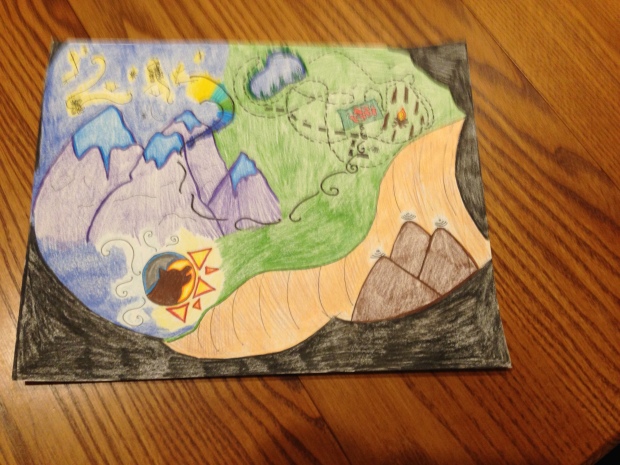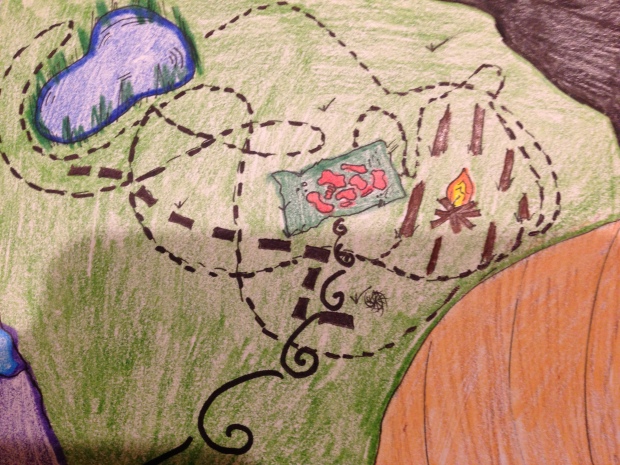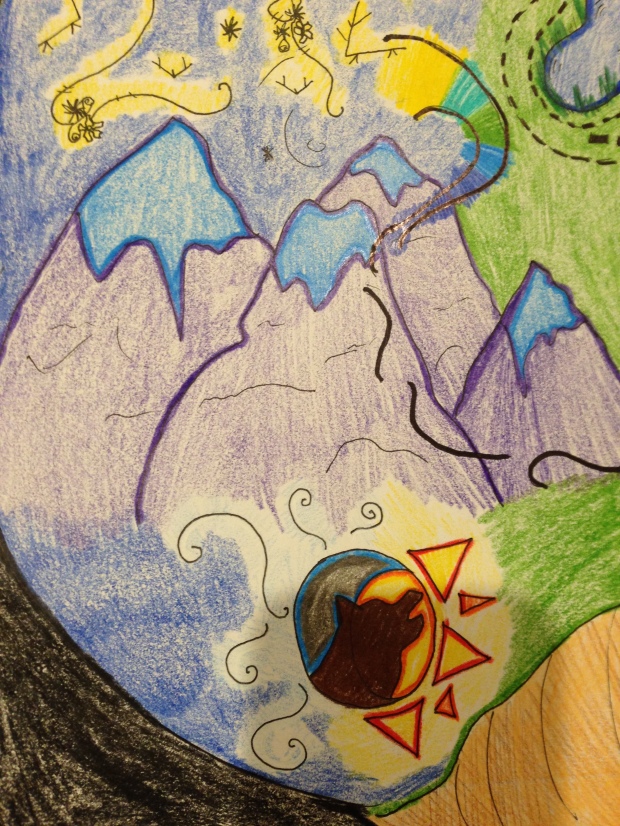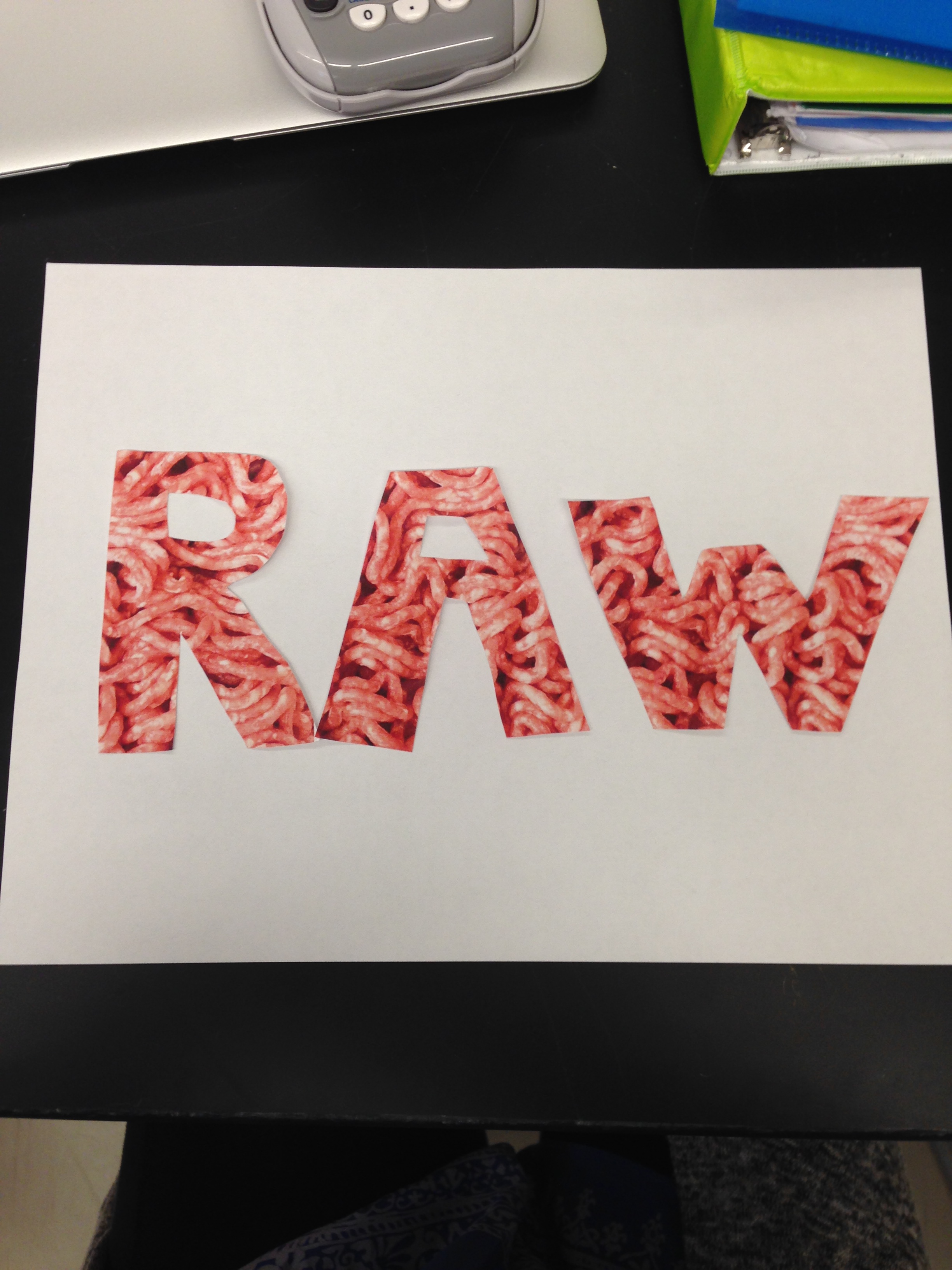The Grateful Dead — The Grateful Deadly Men
- From the Heart of Me – From My Heart of Darkness
- Shakedown Street- Shakedown Slave Town
- Serengetti- Dubai
- Fire on the Mountain- Fire In The River
- I Need A Miracle- I Need a Miracle And Some Rivets
7. If I Had the World to Give- If I Had the World to Give I’d Still Take all the Ivory
“Fire On The Mountain” Original Lyrics- Marshall Tucker Band (I explain this in a bit)
Took my fam’ly away from my Carolina home
Had dreams about the West and started to roam
Six long months on a dust covered trail
They say heaven’s at the end but so far it’s been hell
And there’s fire on the mountain, lightnin’ in the air
Gold in them hills and it’s waitin’ for me there
We were diggin’ and siftin’ from five to five
Sellin’ everything we found just to stay alive
Gold flowed free like the whiskey in the bars
Sinnin’ was the big thing, lord and Satan was his star
And there’s fire on the mountain, lightnin’ in the air
Gold in them hills and it’s waitin’ for me there
Dance hall girls were the evenin’ treat
Empty cartridges and blood lined the gutters of the street
Men were shot down for the sake of fun
Or just to hear the noise of their forty-four guns
And there’s fire on the mountain, lightnin’ in the air
Gold in them hills and it’s waitin’ for me there
Now my widow she weeps by my grave
Tears flow free for her man she couldn’t save
Shot down in cold blood by a gun that carried fame
All for a useless and no good worthless claim
And there’s fire on the mountain, lightnin’ in the air
Gold in them hills and it’s waitin’ for me there
Fire on the mountain, lightnin’ in the air
Gold in them hills and it’s waitin’ for me there
Waitin’ for me there
This process was actually much more fun and much easier than I anticipated. It helped that the song I chose, “Fire on the Mountain” already contained dark subject material, and required just a few changes to easily make it fit “Heart of Darkness.” Most of the changes I made are a little heavy-handed in their obvious connection to the text I chose. However, the most profound change I made was to the lyric, “there’s fire on the mountain.” I changed this to “there’s fire on the river” to symbolize not only their physical journey along the Congo, but the collision of two forces that are so opposite in nature that their meeting seems to defy sense or reason, creating something unbelievable. This is supposed to represent Kurtz and Marlow, two forces that are fundamentally different but are drawn together through a common purpose. The band I chose was the Grateful Dead, and the song titles that I altered belong to them. However, there are two “Fire on the Mountain” songs, and the lyrics to the one I used is actually not by The Grateful Dead, but is instead by The Marshall Tucker band. This was a simple mistake on my part! Everything else in this post is GD stuff.
“Fire On The River” Altered Lyrics
Took my fam’ly away from my United Kingdom home
Had dreams about Belgium and started to roam
Six long months on a waterlogged boat
They say heaven’s at the end but so far it’s been hell
And there’s fire on the River, lightnin’ in the air
Ivory in them hills and it’s waitin’ for me there
We were chuggin‘ and tuggin‘ from five to five
Shooting everything we found just to stay alive
Ivory flowed free like the whiskey in the bars
Sinnin’ was the big thing, Kurtz and Satan was his star
And there’s fire on the River, lightnin’ in the air
Ivory in them hills and it’s waitin’ for me there
Rotten Elephant meat was the evenin’ treat
Empty cartridges and blood lined the gutters of the street
Savages were shot down for the sake of fun
Or just to hear the noise of their forty-four guns
And there’s fire on the River, lightnin’ in the air
Ivory in them hills and it’s waitin’ for me there
Now no one weeps by my grave
Tears flow free for the Savages we couldn’t save
Shot down in cold blood by a gun that carried fame
All for a useless and no good worthless claim
And there’s fire on the River, lightnin’ in the air
Ivory in them hills and it’s waitin’ for me there
Fire on the River, lightnin’ in the air
Kurtz in them hills and he’s waitin’ for me there
Waitin’ for me there



